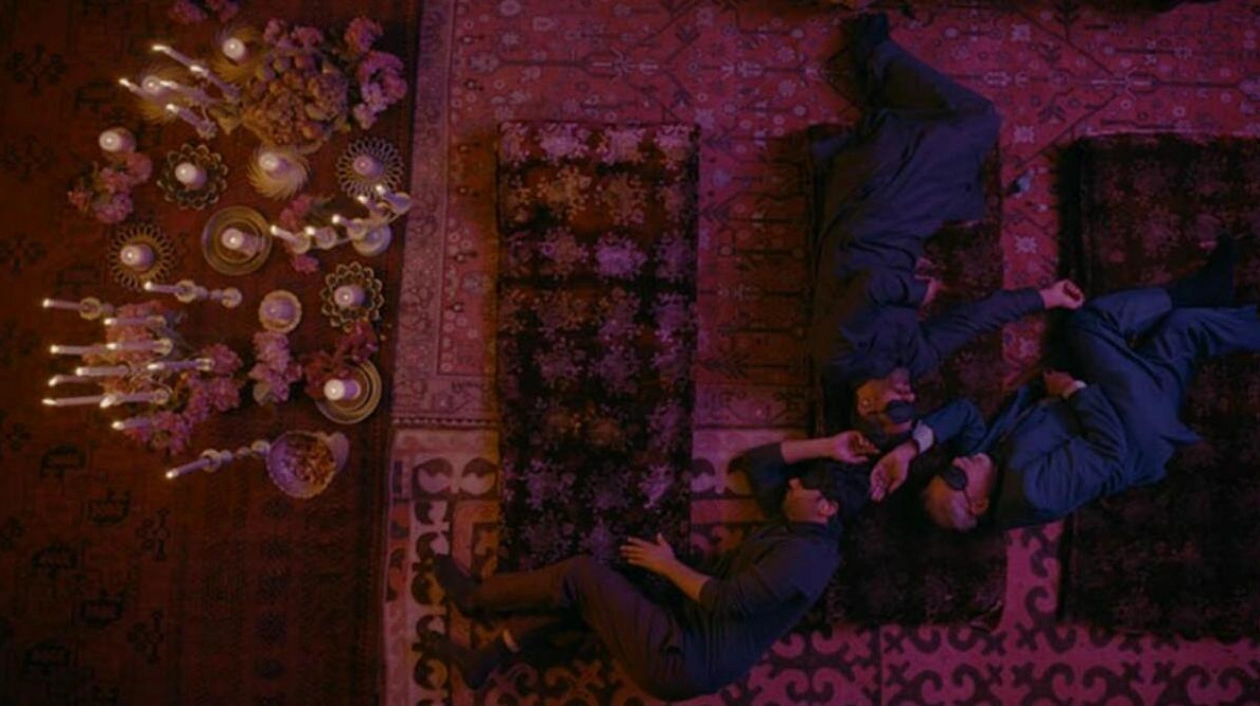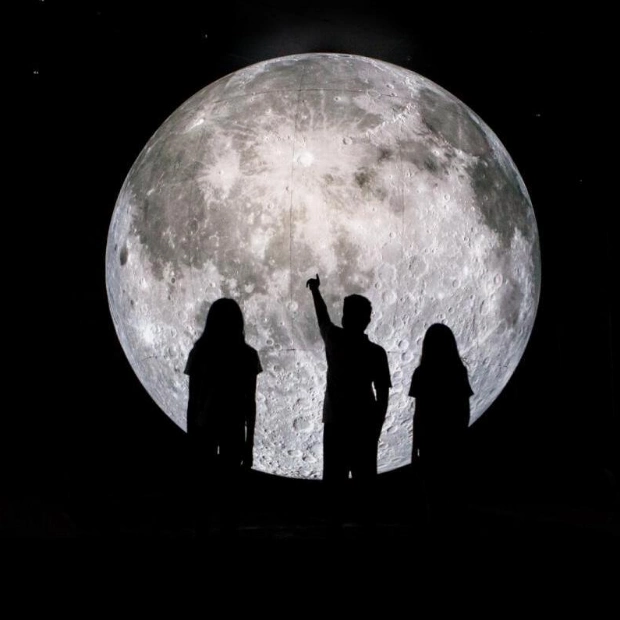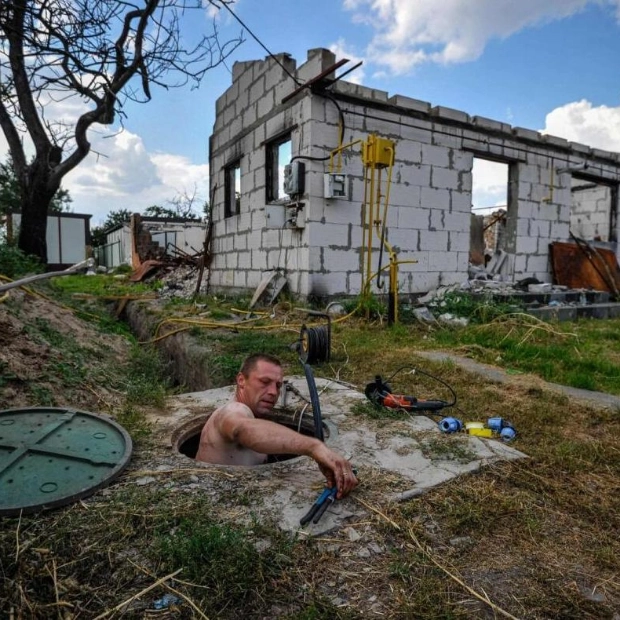Asim Abbasi is a uniquely imaginative artist, and his creation, Barzakh, also known as Limboland, is a meticulously crafted, gradually unfolding masterpiece set in a transitional space between life and the afterlife. Coupled with a talented cast and crew, this series is a moving poem. Set against the breathtaking backdrop of Hunza, the location itself becomes a central character, evoking a profound sense of physical and emotional yearning. The Valley is portrayed in a manner seldom seen in Pakistani narratives, with each autumn leaf, backlit by rising ridges and towering peaks, enhancing the enigmatic and mystical aura of the Land of Nowhere.
The indoor cinematography is equally evocative, with dimly lit wooden doorways, staircases, and lodge interiors contributing to a pervasive sense of longing and strangeness. Abbasi does not patronize his audience, which sets Barzakh apart; the show avoids didacticism and over-explanation, inviting viewers to collaboratively construct the story through subtle cues and personal interpretation. Silent moments, complemented by non-verbal expressions, significantly elevate the series, showcasing the actors' abilities.
Fawad Khan delivers a nuanced performance as a seemingly broken, disillusioned son and a devoted yet conflicted single parent, a clever contrast crafted by Abbasi. Khan's self-effacing portrayal underscores his commitment to the narrative rather than his celebrity. The interplay between father and son elicits smiles, contemplation, and anguish, highlighting the delicate balance between simplicity and depth in the parent-child bond. Khan's endorsement of a series that explores less conventional paths signals his inclination towards projects that encourage reflection rather than overt partisanship, pushing Pakistani storytelling and cinematography towards global excellence.
Sanam Saeed and Salman Shahid contribute equally to the mysterious narrative with their earnest and spirited performances, establishing a memorable dynamic. Saeed's character is witty and compassionate yet enigmatic, adding depth to Scheherazade, while Shahid's portrayal of a despotic yet vulnerable figure clinging to love and faith is equally compelling. Franco Giusti and Khushhal Khan's roles are crucial, with their engaging and meaningful exchanges adding depth to the series.
Moments of magical realism lend a lingering, Marquez-esque quality to Barzakh, as if Abbasi is contributing to post-modern literature and experimental art. The depiction of humans carrying heavy stones, their silhouettes wrapped against rising pink fumes and smoky contours, and the emergence of blood-colored creatures from within rocky cliffs, all contribute to a mystical narrative set against graffiti-strewn walls. This series marks a first for Pakistani storytelling, blending a dysfunctional family narrative with elements of fairies, ghosts, and shamanism, a feat that could not have been easy.
Abbasi is known for his originality and ambition, and Barzakh explores uncharted territory in Pakistani storytelling. While expanding his narrative canvas in multiple directions, the core of Barzakh remains an intimate family drama, a poignant tale of turmoil, love, loss, and longing, returning to the fundamental question: "When all has withered, will love endure?" This question reminds us that imperfection and brokenness can coexist with beauty.
Overall, Barzakh demonstrates the power of storytelling to straddle the line between "art house" and "commercial" genres, carving out a new niche that focuses on deep-seated emotions without lacking in desire. It is a significant achievement for Pakistani stories to gain international recognition and respect. This series is highly recommended for anyone interested in Pakistani writers, directors, and actors. Abbasi, along with his cast and crew, is pioneering this new approach to storytelling with great success, especially significant at a time when many narratives rely on following popular trends.
Barzakh boldly asserts its commitment to experimentation, placing the responsibility on the viewer to piece together the narrative and distill the simplicity from the innuendo. In a landscape dominated by formulaic cinema and narratives laden with jingoistic "othering," Barzakh stands out. Saba Karim Khan, author of Skyfall and a faculty member at NYU Abu Dhabi, endorses this unique series.






